FARA Related Legislation
Members of Congress have introduced a number of bills to amend the Foreign Agents Registration Act (FARA). This tracker follows such legislation introduced since the 115th Congress (2017-2018). To learn more about FARA and the civil liberties concerns raised by the Act visit ICNL’s FARA page.
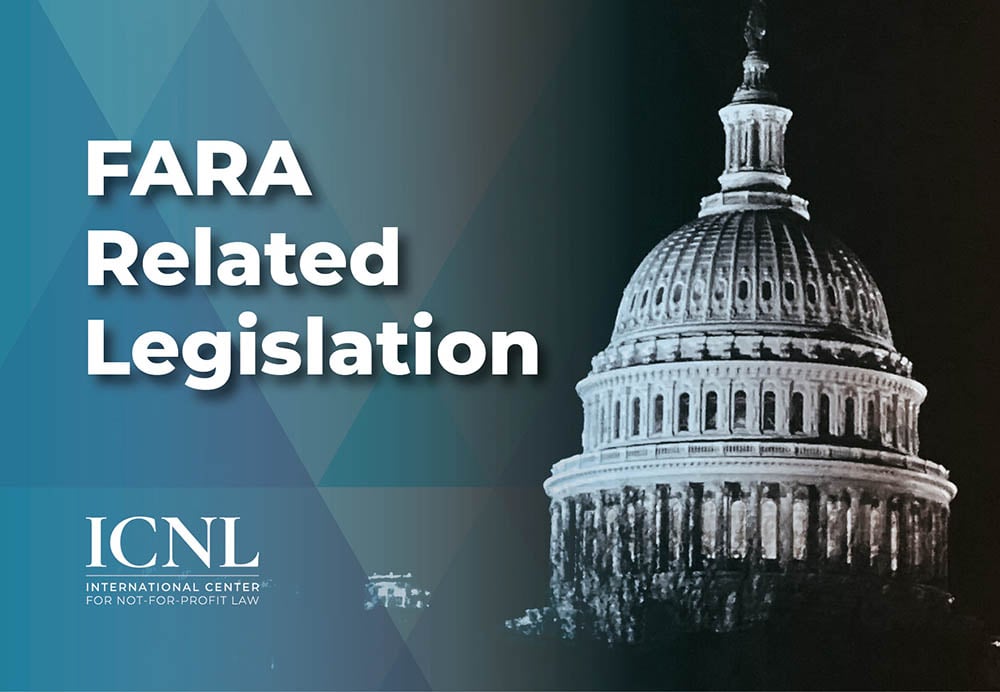
Introduced Legislation this Congress
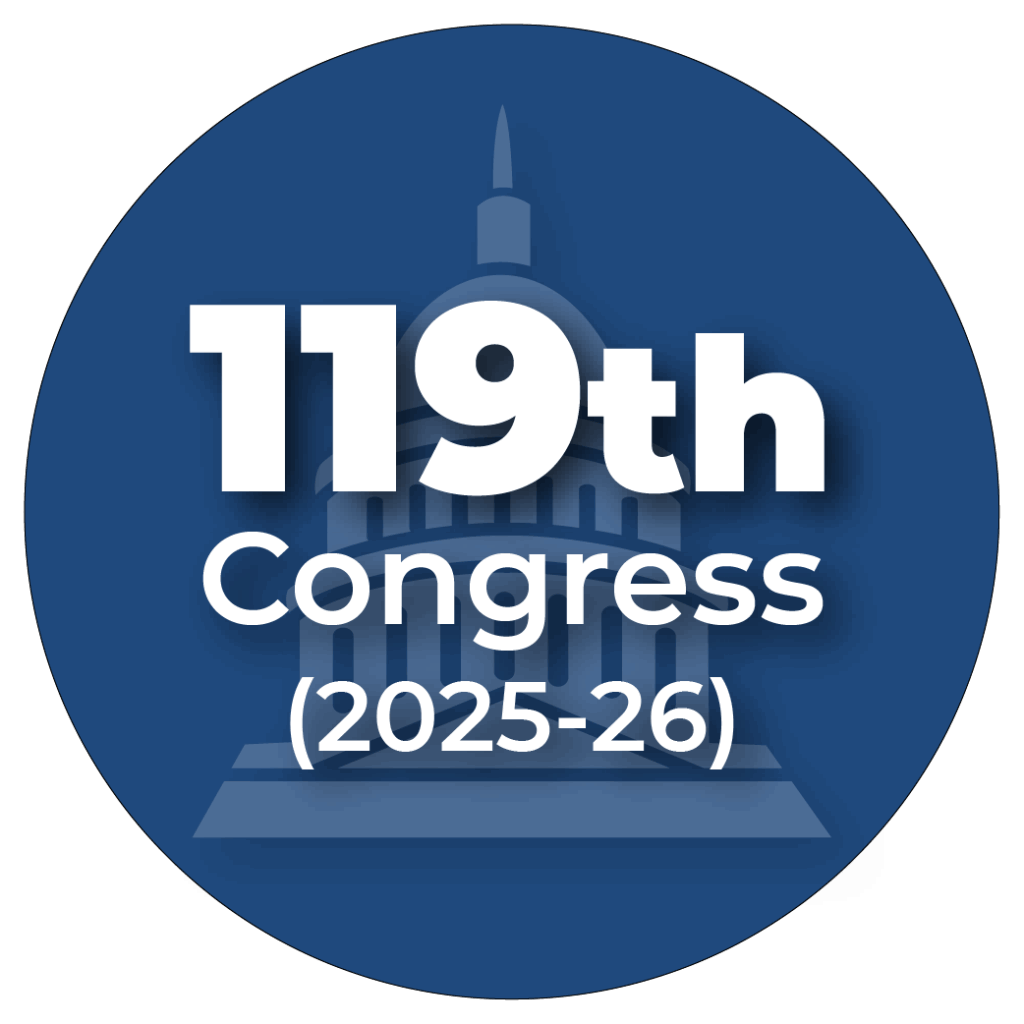
S 1488 (Blumenthal)
Would amend FARA so that the exemption for engaging only in private and nonpolitical commercial activities or other activities not serving predominantly a foreign interest would not apply “to any agent of a foreign principal whose activities promote the public or political interests of a government of a foreign country or a foreign political party (including any and all activities undertaken on behalf of a sovereign wealth fund)”. It would also provide the Justice Department authority to issue civil investigative demands under that Act and to create civil penalties for failure to meet FARA registration requirements.
S. 981 (Grassley)/HR 3229 (Cline)
[Senate bill | House bill] Would amend FARA to clarify the obligation of individuals who formerly served as agents of foreign principals to register retroactively as foreign agents under the Act with respect to activities carried out previously on behalf of such foreign principals. It would empower the Attorney General to enforce this post facto registration and creates requirements for the Attorney General to annually report to Congress actions taken against individuals the Attorney General requires to register.S 2305 (Budd)
Would require certain tax exempt organizations – including 501(c)(3) nonprofits – to register under FARA if they receive funding or “any other thing of value” from a foreign principal from a “country of concern”, which is defined to include China, North Korea, Russia, Iran, Cuba, Venezuela, or any other country so determined by the Secretary of State. It also creates new reporting requirements for these covered agents.
S Amdt 3704 (Grassley)
Would substitute a requirement of registering under FARA for distributing “political propaganda” to U.S. public officials to distributing “informational material”. It defines “informational material” as material the person believes will influence public opinion or public officials on changing U.S. policies or those of a foreign government of political party. It also requires that informational material or requests for information to officials in government if made by a covered foreign agent be prefaced a statement that they are a registered foreign agent. An earlier version of this amendment was 3454.
S Amdt 3707 (Cornyn)
Would bar the use of FARA’s commercial exemption, LDA exemption, or exemption for activities not serving predominantly a foreign interest where an agent of a foreign principal is “a corporate or government entity that is owed or controlled by” one or more the identified countries in 22 U.S.C. 2561a(m)(1)(A) (China, Russia, Iran, North Korea, Cuba, and Syria). It would also create a new process by which the Secretary of State and Attorney General could make changes to this list of countries of concern by seeking a joint resolution of approval by Congress. Earlier versions of the amendment: 3398 and 3661.
Enacted Legislation
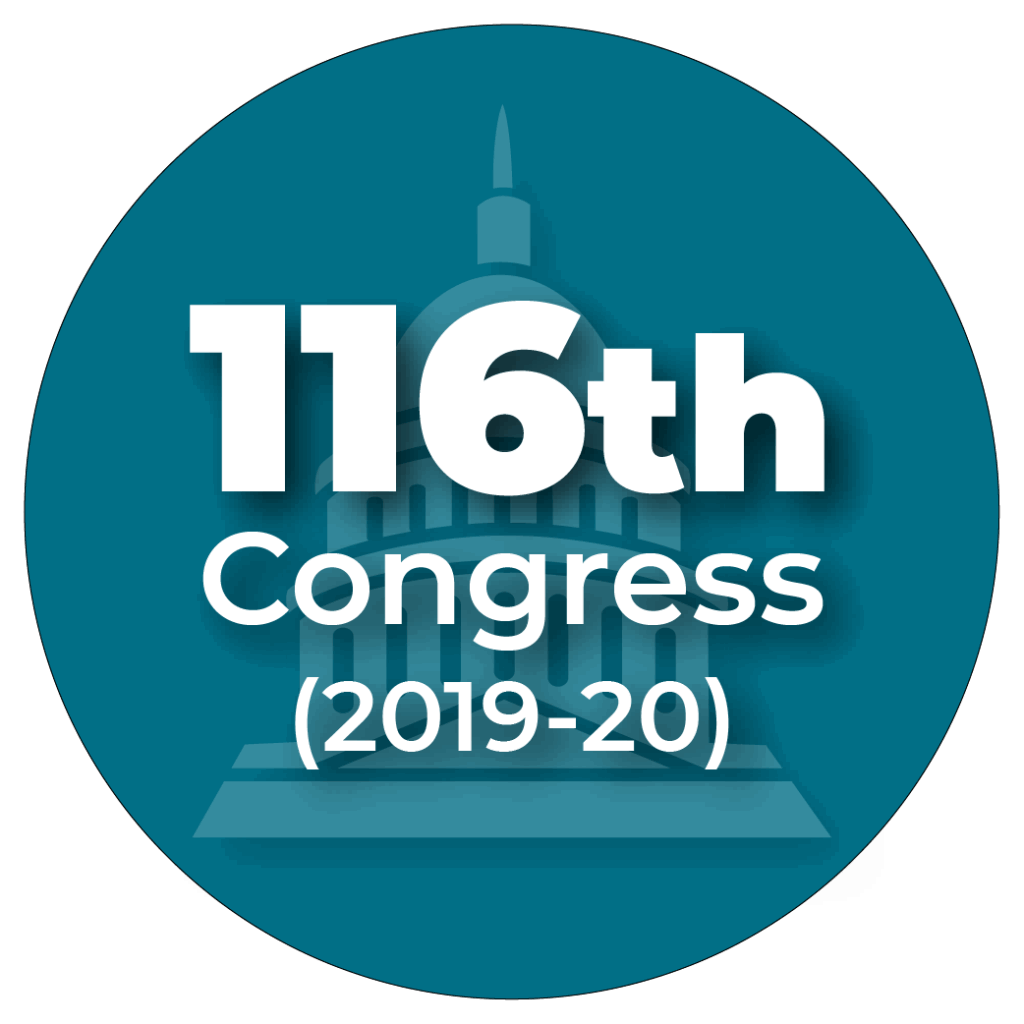
116th Congress:
HR 133 (Cuellar): Banning registered foreign agents from receiving forgivable loans under the paycheck protection program in COVID relief legislation.
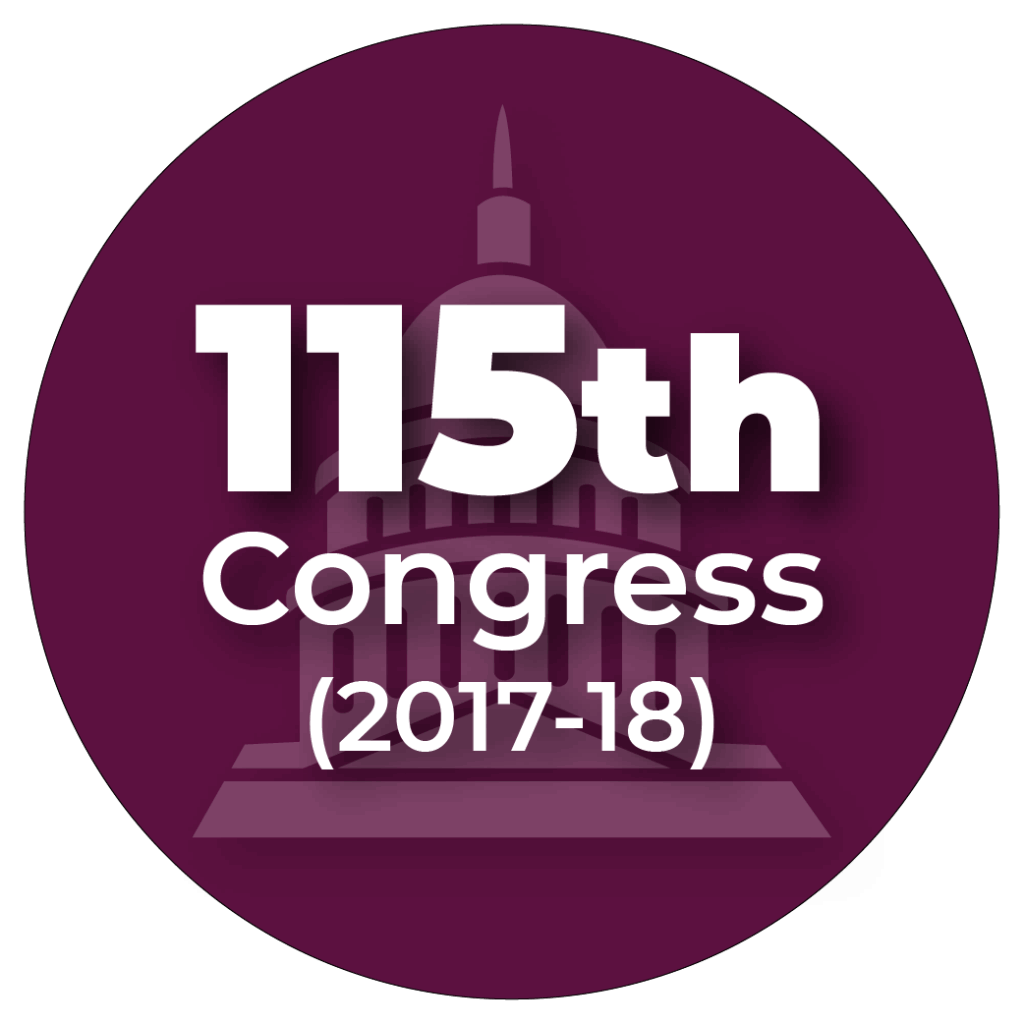
115th Congress:
HR 5515 (Thornberry): Creating new disclosure requirements for foreign-based media outlets.
Previously Introduced Legislation
Bills or provisions introduced by previous sessions of Congress. Click the subheadings to see all bills.
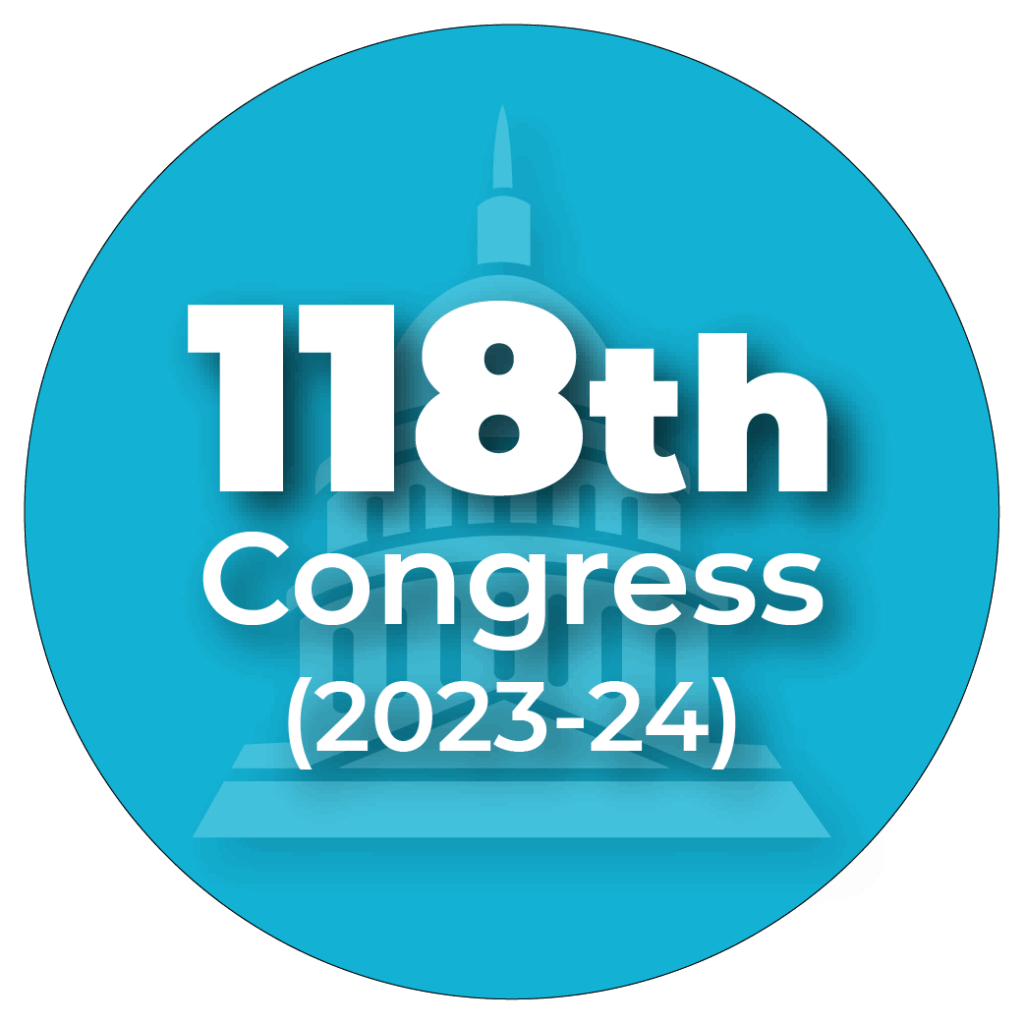
118th Congress (2023-2024)
• S 5131 (Risch): Would amend FARA to provide the Justice Department civil investigatory demand authority in enforcement of the Act, create civil penalties, and increase criminal fines. In cases where a foreign principal is organized under the law of or has its principal place of business or residence in China, Russia, or Iran it would also bar an agent under the Act from avoiding registration by using the exemptions in FARA for commercial activity, activity registered under the LDA, or for activities “not serving predominantly a foreign interest”. The list of countries that trigger this limitation on the use of these exemptions could be changed through a joint resolution of Congress.
• HR 8174 (Golden): Would amend FARA to prohibit anyone who once served as a Member of Congress, senior political appointee, or a U.S. general from engaging in registrable activity.
• HR 8176 (Golden): Would amend FARA to prohibit anyone who once served as a Member of Congress, senior political appointee, or a U.S. general from engaging in registrable activity. It would also require nonprofits to report to the IRS and make public contributions of over $50,000 from a foreign government or political party.
• S 3443 (Rubio): Would amend FARA’s Sec. 613(e) exemption to read “Any person engaging or agreeing to engage only in activities in furtherance of bona fide religious, scholastic, academic, or scientific pursuits or of the fine arts, but only if the activities do not promote the political agenda of a government of a foreign country” (with the underlined provision being added through amendment). It is not clear how “promote” or “political agenda” would be defined.
• HR 4545 (Gallagher) / S 2229 (Grassley): Would amend FARA to clarify the obligation of individuals who formerly served as agents of foreign principals to register retroactively as foreign agents under the Act with respect to activities carried out previously on behalf of such foreign principals, and for other purposes.
• S 872 (Cotton): Would amend FARA to add to the list of foreign principals certain social media entities that the President has determined are foreign, controlled by a “foreign entity of concern”, over a certain size, and that has engaged in certain activity like altering its platform under the influence of a foreign entity of concern or shared data of U.S. citizens with that entity. It would also require that any person who was an agent of an “untrustworthy applications and social media” entity to continue to register under FARA for two years after their employment ends.
• HR 2484 (Castor): Would require a foreign agent that is a candidate for federal office to certify that their committee and leadership PACs are in compliance with provisions of the same bill that restrict among other measure PACs disbursing funds to relatives of the candidate and regulate how unused funds of the PAC may be disbursed.
• S 1364 (Grassley): Would amend FARA to provide civil investigative demand authority to the Justice Department to enforce FARA; increase criminal fines for violating the Act; require new disclosure of foreign agent status to members of Congress and their staff; provide new civil penalties for failure to properly register; require the Attorney General to develop a comprehensive strategy for enforcing FARA; and require the Comptroller General to both analyze the effectiveness of FARA and audit the use of the Lobbying Disclosure Act FARA exemption.
• HR 1819 (Wilson): Would amend the Foreign Agents Registration Act of 1938 to limit the exemption from the registration requirements of such Act for persons engaging in activities in furtherance of bona fide religious, scholastic, academic, or scientific pursuits or the fine arts to activities which do not promote the political agenda of a foreign government, to amend the Higher Education Act of 1965 to clarify the disclosures of foreign gifts by institutions, and for other purposes.
• Res. 189 (Bergman): Would ban journalists who work for a media company that has failed to register under FARA after being directed to do so by the Justice Department from access to the U.S. Capitol. Journalists who work for a media company that has registered under FARA would be limited to no more than 10 reporters at the U.S. Capitol. A reporter for any media outlet owned or controlled by a foreign government must undergo a background check by the FBI to gain access to the Capitol.
• S 434 (Cornyn): Would create a new category in FARA of “country of concern” that consists of China, Russia, Iran, North Korea, Cuba, and Syria. Neither the commercial exemption nor LDA exemption in FARA would apply to agents of these countries. This amendment would sunset in 2026.
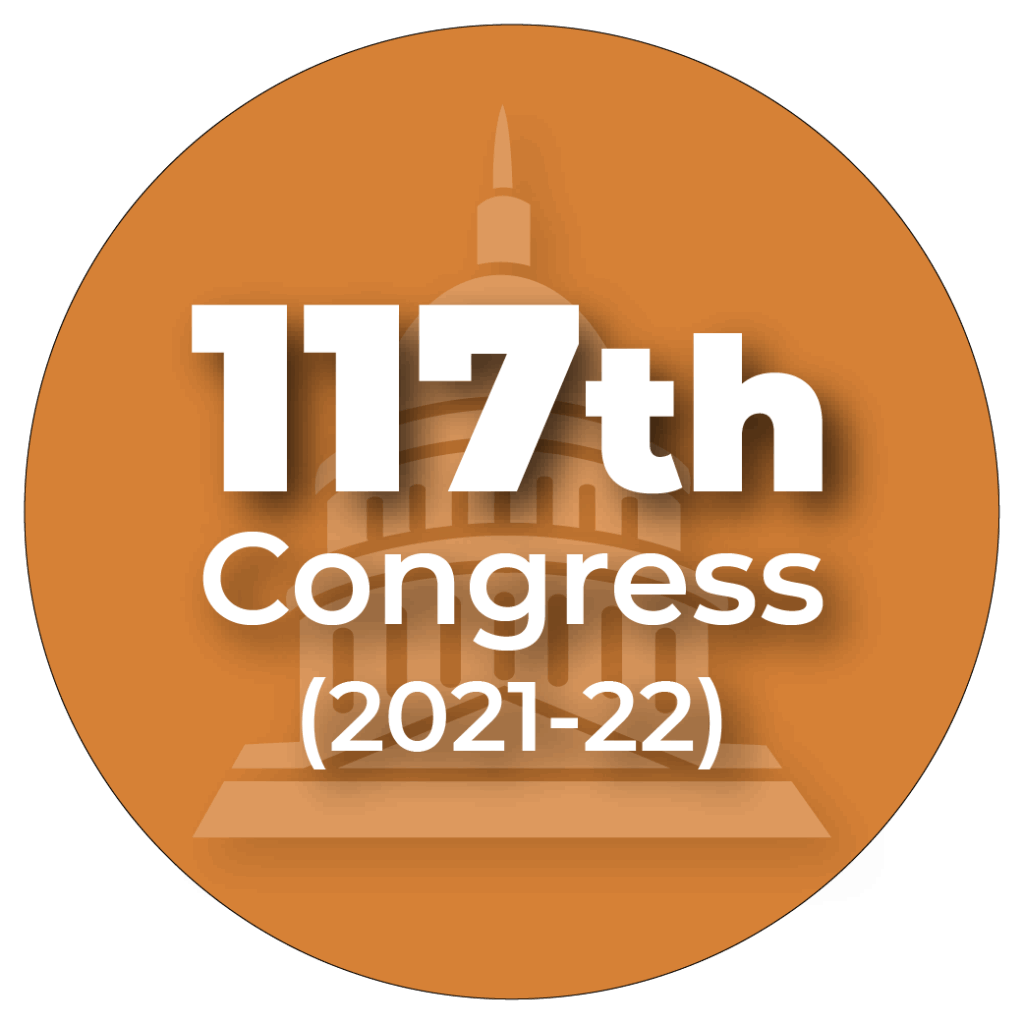
117th Congress (2021-2022)
• HR 1 (Sarbanes): To expand Americans’ access to the ballot box, reduce the influence of big money in politics, strengthen ethics rules for public servants, and implement other anti-corruption measures for the purpose of fortifying our democracy, and for other purposes.
• HR 337 (Spanberger): To amend the Foreign Agents Registration Act of 1938 to clarify the application to informational materials posted on online platforms by agents of foreign principals of the disclaimer requirements applicable under such Act to informational materials transmitted by agents of foreign principals through the United States mails, and for other purposes.
• S 319 (Wicker): To amend the Foreign Agents Registration Act of 1938, as amended, to strengthen the conspicuous statement required on certain informational materials, and for other purposes.
• HR 1419 (Omar): To amend the Foreign Agents Registration Act of 1938 to establish a separate unit within the Department of Justice for the investigation and enforcement of such Act, to provide the Attorney General with the authority to impose civil money penalties for violations of such Act, and to require agents of foreign principals who are registered under such Act to disclose transactions involving things of financial value conferred on officeholders.
• HR 665 (Posey): To provide that a former Member of Congress or former senior Congressional employee who receives compensation as a lobbyist representing a foreign principal shall not be eligible for retirement benefits or certain other Federal benefits.
• HR 417 (Posey): To provide that a former Member of Congress or former senior congressional employee who receives compensation as a lobbyist shall not be eligible for retirement benefits or certain other Federal benefits.
• S 577 (Rubio): To amend the Foreign Agents Registration Act of 1938 to limit the exemption from the registration requirements of such Act for persons engaging in activities in furtherance of bona fide religious, scholastic, academic, or scientific pursuits or the fine arts to activities which do not promote the political agenda of a foreign government, to amend the Higher Education Act of 1965 to clarify the disclosures of foreign gifts by institutions, and for other purposes.
• HR 1535 (Wilson): To amend the Foreign Agents Registration Act of 1938 to limit the exemption from the registration requirements of such Act for persons engaging in activities in furtherance of bona fide religious, scholastic, academic, or scientific pursuits or the fine arts to activities which do not promote the political agenda of a foreign government, to amend the Higher Education Act of 1965 to clarify the disclosures of foreign gifts by institutions, and for other purposes.
• S 687 (Risch): To amend the Foreign Agents Registration Act to allow the President on the Recommendation of the Secretary of State, Secretary of Education, and Attorney General to waive the educational exemption in FARA for an institution of higher education that has received a gift or entered into an agreement with a foreign government. The Act would also allow the President to designate a country a “National Security Concern” and waive the exemptions for foreign principals for up to one year. It would also ban senior State Department officials after retirement from serving as foreign agents of countries designated a national security concern.
• HR 3389 (Gallagher): Amending FARA to prohibit certain individuals from service as an agent of a foreign principal.
• S 1724 (Grassley): Amending FARA to provide Civil Investigative Demand authority and other powers to the Justice Department to enforce FARA.
• S 1754 (Cotton): Amending FARA to repeal the exemption from registration for persons providing private and nonpolitical representation of trade and commercial interests, and the exemption from registration under such Act for persons filing disclosure reports under the Lobbying Disclosure Act of 1995, in connection with the representation of companies based in China.
• HR 5859 (Buck)/S 3172 (Lummis): Requires that the Justice Department create a standardized structured digital format for FARA registrants.
• HR 7264 (Budd): Would amend FARA to require that those who receive funding or anything of value from Russian foreign principals register as a foreign agent under the Act.
• HB 4847 (Porter): Would repeal the LDA exemption in FARA; add a requirement for the Attorney General to approve individual cases of the legal exemption; create new requirements for labeling of online material covered by FARA; provide the Attorney General civil investigative demand authority, and civil penalties to enforce the Act; create registration fees to cover the cost of the FARA unit; establish a FARA investigation and enforcement unit within the Justice Department; and require the Justice Department to come up with a comprehensive enforcement strategy for FARA.
• HR 1806 (Golden): Would ban former members of Congress, senior political appointees, or general or flag officers of the U.S. military from engaging in conduct that would require registration under FARA.
• S 3165 (Bennet): Would require anyone who is a registered foreign agent who is running for federal office to certify that each authorized committee and leadership PAC is in compliance with the Federal Election Campaign Act.
• HR 2055 (Quigley): Would eliminate the LDA exemption in FARA.
• S 1311 (Cotton): Would require any person “associated with a foreign talent recruitment program of the People’s Republic of China, either as a recruiter or recruit” to register under FARA.
• S 1479 (Rubio): Would create new labeling requirements for those registered under FARA.
• S 4901 (Cornyn): Would amend FARA to exclude agents of “foreign adversaries” from the commercial and LDA exemptions of FARA. “Foreign adversaries” as defined in the bill currently include through Executive Order the governments of China, Russia, Cuba, and North Korea.
• HR 9199 (Pfluger) Amends FARA so that the exceptions to registering for commercial activity or if one is registered under the Lobbying Disclosure Act do not apply if one is an agent of a “country of concern”, which are defined as China, Russia, Iran, North Korea, Cuba, and Syria.
• HR 9140 (Wilson) Amends FARA to prohibit any person from receiving compensation to be an agent of a “foreign adversary”. Foreign adversary is defined by the Secretary of Commerce pursuant to any executive order, law, or regulation in effect at the time. An additional penalty is added to FARA for violating receiving compensation from a foreign adversary, which is paying an amount equal to or up to twice the compensation received from the foreign adversary.

116th Congress (2019-2020):
• HR 1 (Sarbanes)
• HR 867 (Castro)
• HR 1467 (Omar)
• HR 1566 (Jayapal)
• S 480 (Rubio)
• HR 1522 (Gallagher)
• HR 1612 (Fitzpatrick)
• S 949 (Udall)
• S 987 (Coons)
• HR 5122 (Buck)
• S 1762 (Grassley)
• HR 5733 (Moulton)
• S 3313 (Rubio)
• S 4207 (Harris)
• HR 8464 (Spanberger)
• S 4272 (Risch)

115th Congress (2017-2019):
• House Bill 4170 (Johnson)
• Senate Bill 2482 (Feinstein/Cornyn)
• Senate Bill 2039 (Grassley)
• Senate Bill 625 (Shaheen/Young)
• Senate Bill 1679 (Duckworth)
• HR 585 (DeFazio)
• HR 2811 (Cicilline)
• HR 5354 (Moultan)
• Senate Bill 2583 (Rubio)
• HR 5336 (Wilson)
• HR 6010 (Smith)
• HR 6248(Kaptur)
• Senate Bill 3274 (Bennet)
• HR 6533 (Sarbanes)
For more information contact Nick Robinson at nrobinson@icnl.org.
Sign up for our newsletters
Sign up